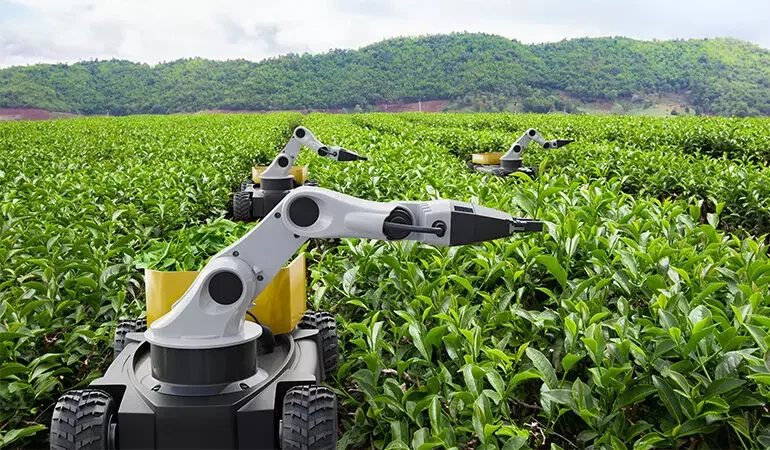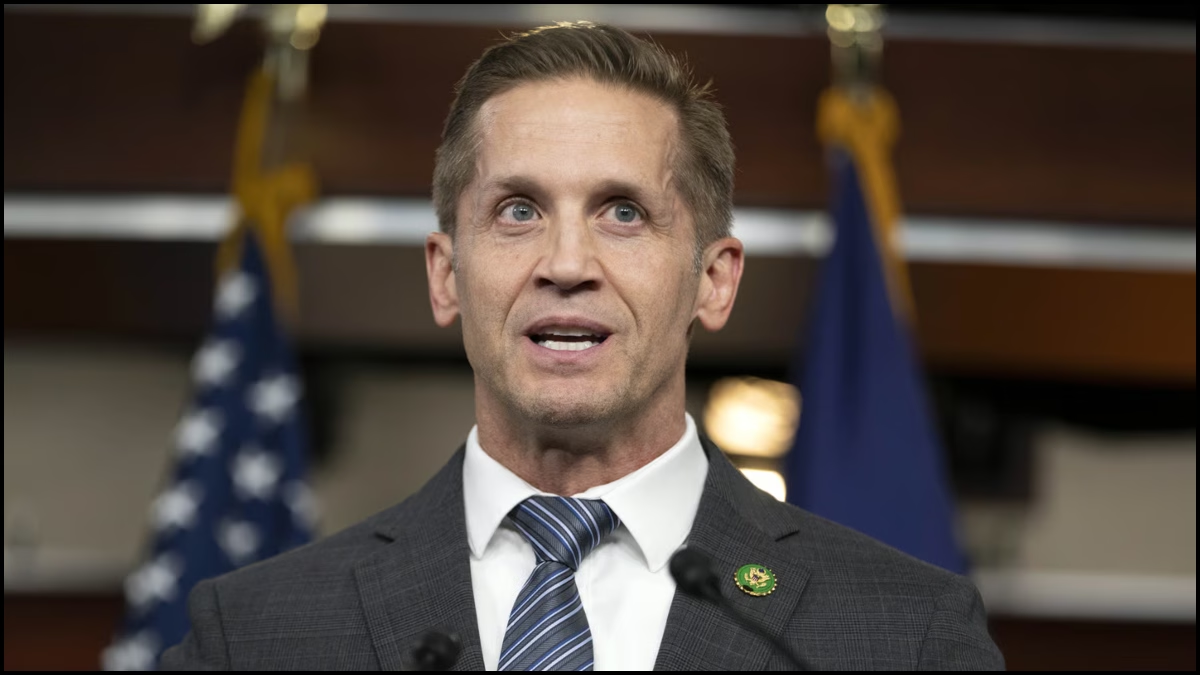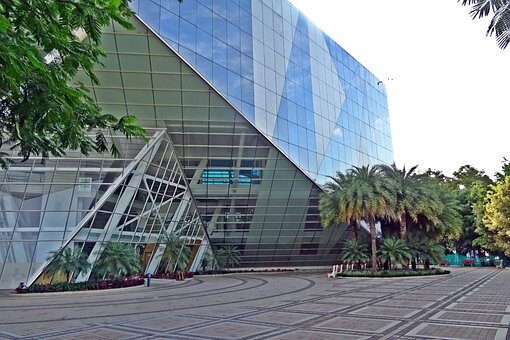In Virudhunagar, a small town in southeastern India known for its ancient temples, modern technology is quietly taking root. Companies are now training artificial intelligence (AI) models from remote locations, a trend often referred to as “cloud farming.”
Mohan Kumar, an AI annotation specialist, explains his role: collecting and labeling data to train AI models, which gradually become semi-autonomous and capable of making decisions. He notes that working in a small town offers the same professional experience as in a metro city, connecting with global clients from the U.S. and Europe.
Desicrew, founded in 2005, pioneered cloud farming by bringing jobs to where people live instead of asking them to migrate to urban centers. Its CEO, Mannivannan J K, emphasizes creating world-class careers closer to home. The company handles software testing, content moderation, and AI dataset creation. Currently, 30–40% of their work involves AI, expected to rise to nearly 100%.
Much of the AI work includes transcription, converting speech to text. This step is critical for machines to understand diverse languages, dialects, and contexts. Desicrew’s facilities in small towns mirror urban IT hubs with secure data access, reliable connectivity, and uninterrupted power. About 70% of the workforce are women, offering many their first salaried employment and financial independence.
NextWealth, another early adopter of cloud farming, employs 5,000 staff across 11 smaller towns in India. Its co-founder, Mythily Ramesh, highlights that 60% of India’s graduates come from small towns, yet many IT jobs are concentrated in metros. These graduates are now contributing to AI training and validation, supporting global AI models including ChatGPT-style systems and facial recognition technologies.
Experts suggest that AI and generative AI (GenAI) could generate nearly 100 million jobs globally in training, validation, and real-time handling over the next 3–5 years, with India’s small towns positioned to be a central workforce hub. However, challenges remain, such as ensuring reliable high-speed internet, secure data centers, and gaining international client trust.
Workers like Dhanalakshmi Vijay directly improve AI models by correcting errors, enhancing their ability to distinguish similar objects, and fine-tuning the system for real-world applications. In this way, rural India is playing a crucial role in making AI-driven services more accurate and accessible worldwide.















